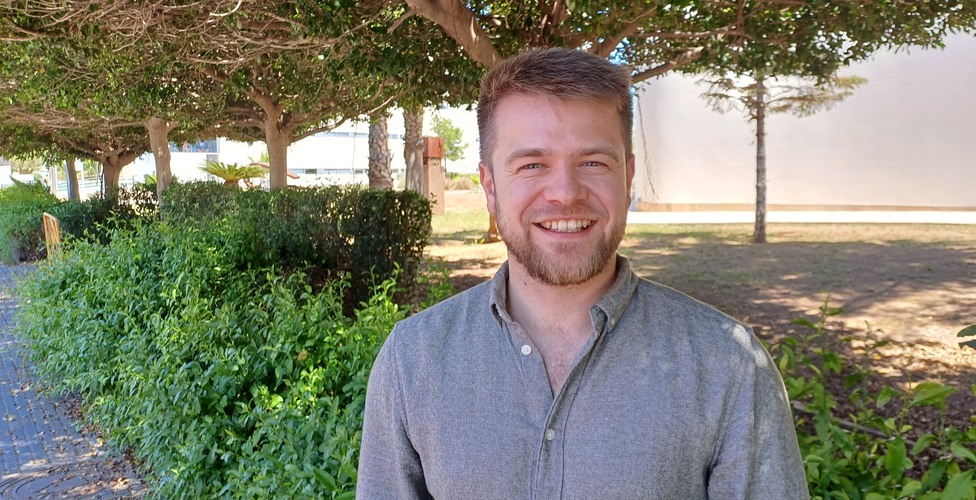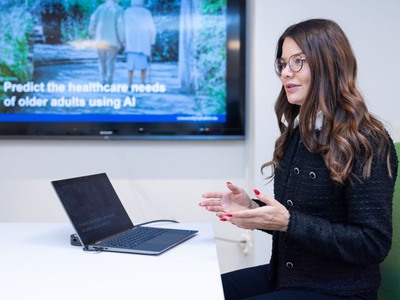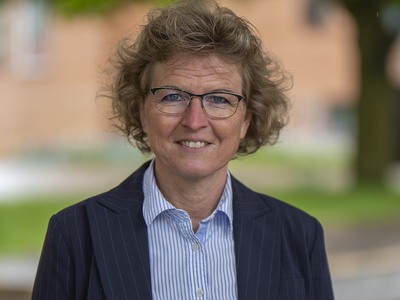How long will a cancer patient live? Will the disease return – and if so, when? These are big, life-changing questions. In his research at the University of Skövde, Sören Stahlschmidt has turned to machine learning to find better answers to them.

On June 4th, Sören Stahlschmidt publicly defends his doctoral thesis at the University of Skövde.
In recent decades, researchers have collected huge amounts of data from cancer patients – not just from more individuals, but from many different types of technologies. AI has become a promising approach to make sense off these data. But combining multiple complex data types is a big challenge. Making sure that machine learning models perform well when applied in clinical practice is another hurdle. Sören Stahlschmidt, PhD student at the University of Skövde, has investigated AI models that can do just that – learn from different kinds of information at the same time.
“Our goal was to create models that work better in the real world. This research explores how we can better predict outcomes of cancer patients based on the gene expression in their tumors. These outcomes include factors such as expected survival time or time to recurrence or disease progression,” says Sören.
Complex Data, Smarter Models
One common problem with AI models is that they perform well on the data they were trained on – but worse when tested on new patient groups. To address this, Sören looked at how to make the models more flexible, so they can also handle slightly different populations.
One surprising discovery was that using gene rankings, which means looking at how active genes are compared to each other, made the models more stable and reliable.
“It turns out that using rankings instead of raw values makes the model more robust. It is a relatively simple idea that had a big impact,” Sören says.
From Research to Real-World Impact
The ultimate goal with Sören’s research is to help doctors make better decisions by giving them more reliable tools. If successful, this could improve care and outcomes for cancer patients.
“Our hope is that this leads to more reliable models when deployed in practice – tools that help doctors make better-informed decisions, and that ultimately improve outcomes for cancer patients,” Sören says.
Applying the Research in Spain
Sören has already taken on a new research role at the Carlos Simon Foundation for Women’s Health in Valencia, Spain. There, he continues to apply AI in health-related research – with a new set of real-world challenges.
On June 4, 2025, Sören will publicly defend his doctoral thesis “Machine Learning for Predicting Cancer Endpoints from Bulk Omics Data” at the University of Skövde.



